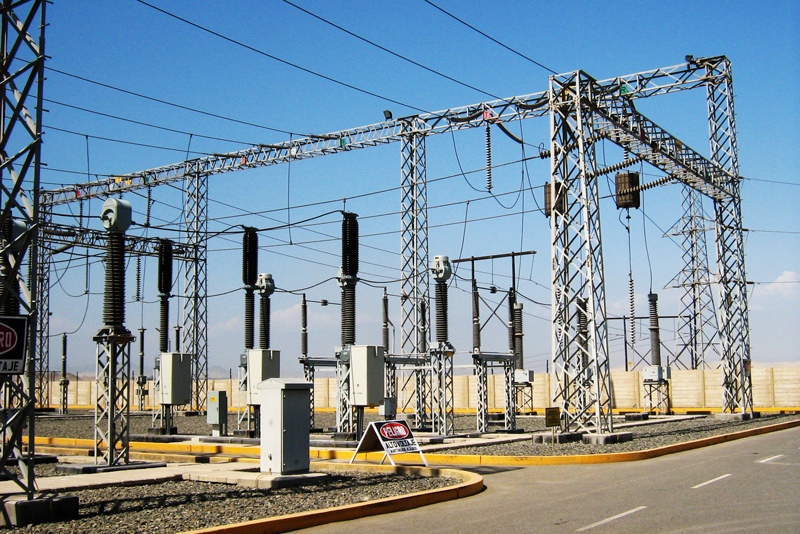Mexico City – After investigating only 55% of the over 223,000 complaints from customers who claimed that billing for their power consumption had been excessive, the Federal Electricity Commission (CFE) admits to having overcharged 27,412 customers by nearly 142 million pesos between 2011 and 2018.
The unjustified charges were 40% higher than they should have been – but with 45% of cases still unresolved, that figure can be expected to increase significantly.
One of the reasons why the CFE overcharges customers is that in some cases it calculates bills by estimating consumption rather than by checking meters. According to the Federal Auditor’s Office, just under 3% of bills are based on estimates, and the practice has been particularly prevalent in parts of central Mexico, including the capital city.
The CFE told El Universal newspaper that in all cases where billing errors are detected, electricity rates are adjusted and customers are compensated. In addition, the CFE has signed an agreement wth the Federal Consumer Attorney, PROFECO, to expedite the resolution of complants.
But for some consumers, the commission’s recognition of its mistakes either came too late or they are still waiting for their complaint to be investigated. People in both situations have been forced to close their businesses as a result of excessive charges.
Though the power is supposed to remain on while complaints are being investigated, statistics show that the CFE practice of cutting off electricity supply despite the existence of investigations into excessive electricity charges is fairly common. The National Human Rights Commission has received 3,042 complaints over the practice since 2010.
Some complainants have joined El Comité Popular de Los Derechos Humanos de Los Pedregales, a committee in southern Mexico City that is lobbying the government to apply a “clean slate” to electricity debt, as the CFE has agreed to for more than half a million customers in Tabasco.
The committee is also seeking the introduction of “social rates” in which economically-disadvantaged electricity customers and owners of small family businesses pay no more than 3% of their income on power bills. But many believe that any such commitment from the government might only happen at some point in the distant future.Source

